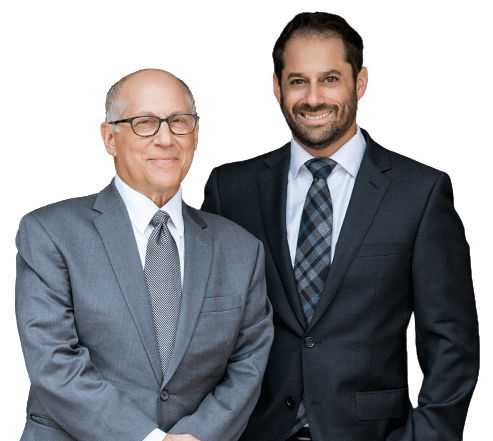Social Security Disability Insurance (SSDI) benefits provide financial assistance for a variety of disabling conditions caused by an accident or illness. One of the most common questions is whether SSDI benefits are available for mental illness. The answer is “yes,” but the particular illness must fall within one of the specific categories of mental illness defined by the Social Security Administration and the applicant must also satisfy the other eligibility requirements under the SSDI program.
An overview of SSDI mental health benefits
The SSA refers to mental illness as “mental disorders.” The SSA regulations for mental disorders specifies 11 categories of disorders, ranging from neurocognitive disorders to trauma and stressor-related disorder. In order to assess a person’s eligibility for SSDI benefits for mental disorders, the SSA makes a two-level evaluation. The first level sets out the medical criteria that support the diagnosis. The second level describes the level of functioning that is assessed for each applicant.
Evaluating schizophrenia
If an applicant cites schizophrenia as their disabling condition, the applicant must provide medical evidence of delusions, hallucinations, disorganized speech or grossly disorganized or catatonic behavior that have been diagnosed to cause a significant decline in functioning.
Another example: evaluating autism spectrum disorder
Disorders in the autism spectrum are characterized by qualitative deficits in the development of reciprocal social interaction and verbal and nonverbal communication skills. Other indicators of an autistic disability include restricted repetitive and stereotyped patterns of behavior or interests. Symptoms may also include unusual responses to sensory stimuli and behavioral difficulties.
Getting professional advice
These two examples are typical of the other 10 categories of mental disorders defined in the SSDI regulations. The regulations are both legally and medically complex, and a person who is considering applying may not wish to file an application without either legal or medical assistance. The complexity of the regulations is partially offset by the extensive appeal process embodied in the regulations. The availability of the various appeal mechanisms and the fact that most SSDI applications are initially denied have led many persons familiar with the SSDI process to suggest hiring an attorney at the outset of the application process.

